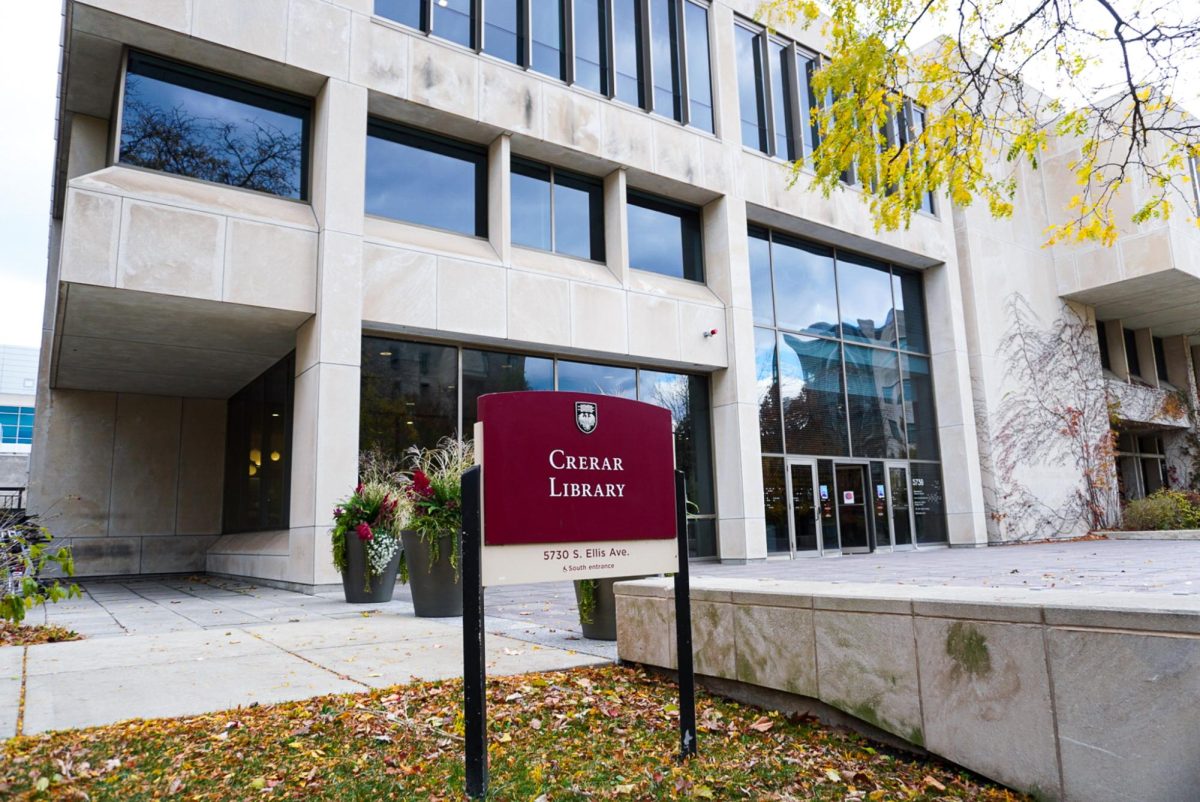I am deeply concerned with the current clamor, mostly coming from students but also certain administrators and academics, for greater ethnic diversity at our university, My concern is that “ethnic diversity” is an extremely nebulous concept and the ambiguities associated with it can have dangerous consequences. I have a number of questions for those agents who agitate so much for diversity without really explaining what that term means.
First, when one presumes to measure ethnic diversity, how can one categorize individuals as belonging to a specific ethnic group? Consider this example: When I was in high school I had several classmates who were of Jewish ancestry whose grandparents had fled to South America to escape the Nazis. Their parents later moved to the United States, and became American citizens. In physical appearance these classmates of mine looked “white,” yet their parents spoke Spanish in the home and they claimed to be Hispanic on their college applications. Who is to judge whether or not this claim should be accepted? At least these individuals claimed in good faith to be of a certain ethnic group. What I want to know is, how many people simply lie on their applications, since they know that preference is given to certain groups when admissions counselors choose who gets into their school? What becomes of these individuals when they come in for an interview and the interviewer sees a person who has none of the obvious physical characteristics of their pretended ethnicity? Is the interviewer given discretion to determine the veracity of the student’s claim based on physical appearance alone? I shudder to think that this sort of analysis takes place, but it would not be a concern were admissions offices not so concerned with the ethnicity of applicants.
Another absurdity was a full color graph on the front page of a student newspaper late last quarter. It was entitled “Ethnic Diversity at the U of C,” and had bars to indicate the percentage of black and Hispanic students at this school. OK, great, but what about students of Asian descent? Are they not a minority in this country? I suppose they are not considered “ethnic” enough to be represented in such graphs?
Not only are people of Asian ancestry not considered an ethnic minority by universities for purposes of diversity, but, on the contrary, they are all to often discriminated against on the basis of their ethnicity. Schools seem to fear becoming “too Asian” and therefore hold students who seem to be of this background to a higher standard than everyone else. I think this is deplorable. Furthermore, using ethnic groups as a measure of diversity of a school also glosses over diversity that cannot be categorized. Suppose a student is a survivor of ethnic cleansing in Bosnia or of warfare in the Middle East. Such a student may have overcome tremendous dangers and challenges to get him or herself educated and would likely be a welcome addition to a school filled with people, many of whom take their presence here for granted. However, in a survey of diversity in which ethnicity was the criterion, he or she would simply show up as just another “white” or “Asian” student. How will a school ever know how truly diverse it is, in terms of the life experiences and backgrounds of its students, if it clings to ethnic categorization as the primary indicator of a school’s diversity?
The admissions process is not the only facet of the school under attack by advocates of “ethnic diversity.” The very curriculum of the school is also criticized for not showing proper sensitivities. Scores of books have been written discussing the importance of studying and comprehending the canon of Western thought that has influenced this country and the world so much. I will merely say that I agree with this position, and will pose more questions designed to reveal the absurdity of the drive for “ethnic diversity.” There is much talk about an alleged “Eurocentric” bias in the curriculum at this school. That claim runs roughshod over the fact that Europe itself is composed of dozens of different countries and ethnic traditions. Most of the writers we read in core classes were born in Greece, Italy, or Western Europe. Suppose I was Latvian, or Romanian, or Finnish in my ancestry. Shouldn’t I be appalled at the lack of opportunities to study my heritage in great depth? Where is the Finnish studies department? Why can’t I get a degree in Latvian philosophy? Frankly, the fact that all the authors I’ve read for my core classes have been of Greek or Western European origins has caused immeasurable damage to my sense of self-worth and identity. Most of the noise being made about ethnic diversity comes from people who consider themselves free of ethnic diversity, i.e. “whites.” This arouses my suspicion as to the sincerity of their position. They seem to hold the frankly racist view that so-called ethnic minority students cannot thrive in an environment where students are judged purely on merit and curricula are structured around the educational value of particular topics and works, as opposed to an environment where standards and curricula are tailored to promote ethnic pride and self-esteem.
Students, academics, and administrators have grown so used to touting the importance of “ethnic diversity” that they rarely stop and consider what it means. I won’t deny that there could be benefits to diversity, but there are costs associated with the measures schools take to promote it. Students who deserve to get into schools on their merits are turned down in favor of less-qualified individuals, curricula become watered-down, liberals develop condescending and racist attitudes towards ethnic minorities, and regular people start supporting reactionaries who pledge to dismantle the racial spoils system. All of this in the name of diversity, a concept that needs to be fleshed out and studied more, not simply worshipped as the meaningless slogan that it usually represents today.






